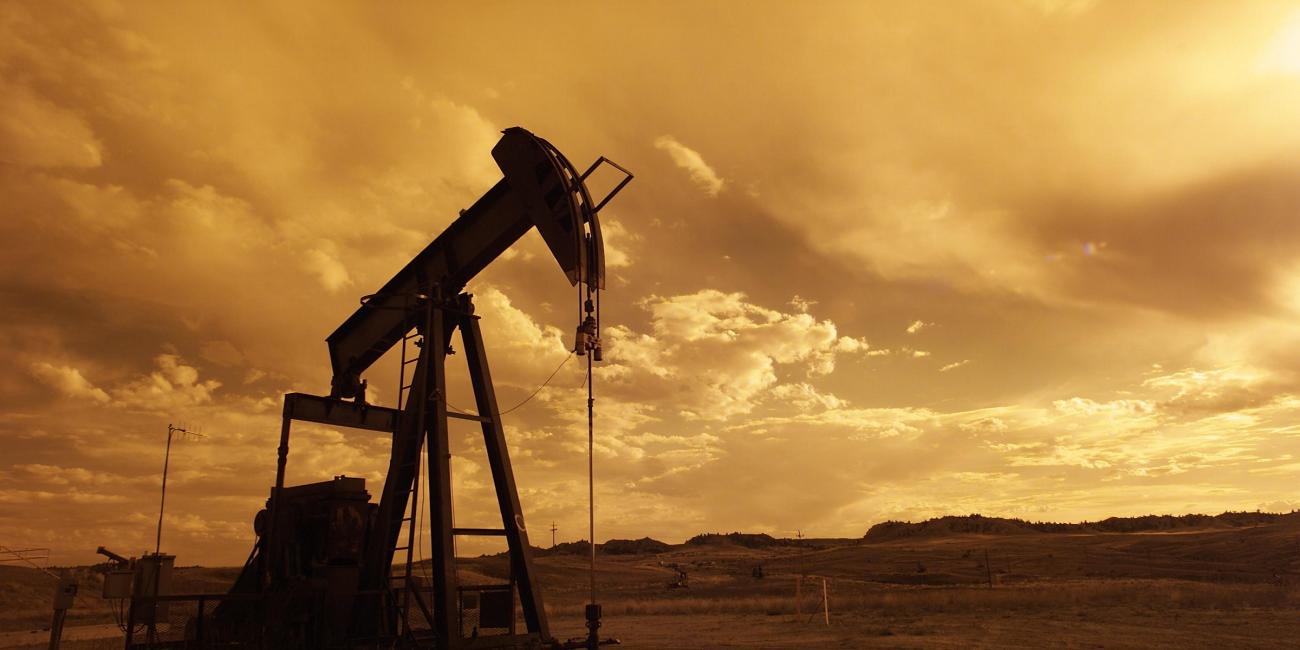Hope on the horizon: Will the G-20 really start the final countdown on unsustainable energy subsidies?
November 8, 2010
|
For decades there has existed a community of researchers – spanning government ministries, international organisations, academia and civil society – working to increase the world’s understanding and awareness of harmful subsidies. Since September 2009, when the G-20 committed to phase out and rationalize inefficient fossil-fuel subsidies that lead to wasteful consumption and distorted long-term energy investments, much attention has turned to the subject. Marking just over a year after this agreement was reached, and in the run-up to the G-20’s Seoul Summit on 11−12 November, Subsidy Watch contacted Professor Cees van Beers and André de Moor, part of the fossil-fuel subsidy research community since the 1990s, and asked for a retrospective: how far have we come and how far have we yet to go?

